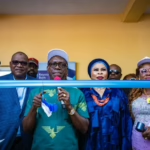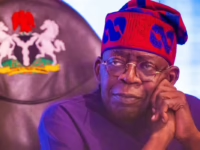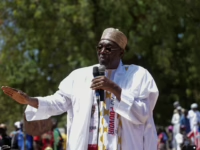The guaranteed Māori representation on New Zealand’s local councils is set to be drastically reduced, with the number of reserved seats dropping by over 50%. This follows a contentious legislative amendment that mandated local authorities to hold public referendums on the continuation of Māori wards, which had previously been secured without such votes.
Introduced in 2001, Māori wards were designed to ensure Indigenous voters could elect representatives specifically advocating for Māori interests within local and regional governments. The number of councillors in these wards varied according to the Māori population in each area. Initially, councils were required to seek public approval through a poll before establishing these wards, a process that often involved prolonged community campaigns to build support.
To address the challenges posed by this requirement, the former Labour administration removed the need for a public vote, allowing councils to create Māori wards directly.
However, in 2024, the current right-leaning coalition government overturned this policy, reinstating the principle that local communities should have the final say on Māori wards through binding referendums.
As a result, councils that had established Māori wards under the previous rules were compelled to hold binding votes alongside the recent local elections, which concluded on 11 October. Out of 42 councils participating in these referendums, 17 opted to maintain their Māori wards, while 25 chose to abolish them, highlighting significant opposition to guaranteed Māori representation in many areas.
Simon Watts, the Minister for Local Government, described the referendum outcomes as “a crucial step in restoring local democratic authority.”
“These collective decisions embody the democratic preferences of local communities and clearly indicate their favored approach to representation,” he stated.
Opposition parties have condemned the government’s legislative reversal as discriminatory and detrimental to Māori interests. Since assuming power, the coalition has rolled back numerous initiatives aimed at enhancing Māori health, wellbeing, and political representation. The government maintains it opposes “race-based” policies but asserts its commitment to improving outcomes for Māori and all New Zealanders alike.
The referendum results revealed a stark urban-rural divide: six out of seven cities voted in favor of retaining Māori wards, whereas rural districts predominantly favored their removal.
Lara Greaves, an associate professor of politics at Victoria University of Wellington, lamented the setback, noting, “It’s unfortunate for the Māori wards, which had only recently been introduced and were beginning to gain momentum.”
This year’s local elections also saw the lowest voter participation in over three decades, with fewer than one-third of eligible voters casting ballots, sparking demands for electoral reform.
Kieran McAnulty, Labour’s acting spokesperson for local government, criticized the referendum process as “a sham.”
He pointed out that councils can establish other ward types, such as rural wards, without needing a public vote, suggesting that the special restrictions on Māori wards were a deliberate attempt to undermine Māori representation.
“Despite this, many communities have defiantly rejected the government’s approach,” McAnulty remarked, referring to the 17 councils that voted to preserve their Māori wards.



















